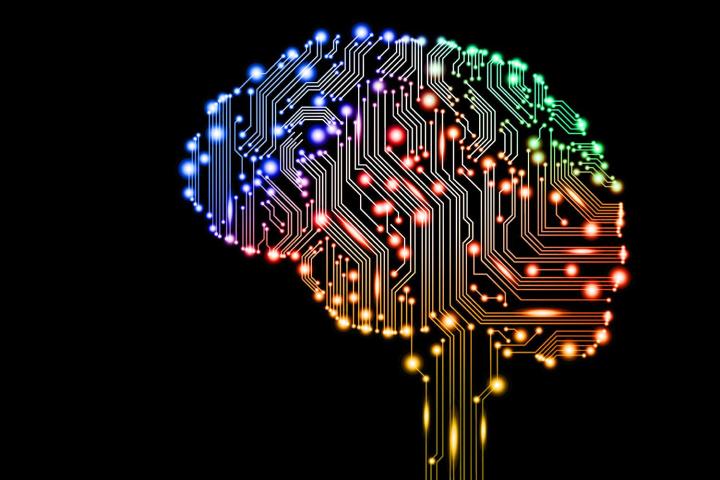
DeepMind is set to apply machine learning techniques to the process of treating head and neck cancer, according to a report from The Verge. UCLH will supply anonymized scans from up to seven hundred patients for detailed analysis, in an effort to find out whether machine learning could help make preparation for treatment more efficient.
Before radiation therapy can be administered, clinicians need to map out where it will be applied to cut down on damage to surrounding tissue. DeepMind will investigate whether this task can be streamlined by automating certain parts of the process.
At present, it takes four hours to map out the areas of the body that are to be treated, and the areas to avoid — which is referred to as segmentation. DeepMind hopes to trim that amount of time down to just one hour.
By automating a large part of the segmentation procedure using artificial intelligence, DeepMind would enable medical personnel to focus on other tasks like patient care, education, and research. For the purposes of this research, head and neck cancer is the focus, but there are hopes that the project could produce a segmentation algorithm that could be applied to other parts of the body.
This announcement marks the next step in DeepMind’s ongoing relationship with the NHS. In July, it was announced that the group would be using its machine learning technology to analyze millions of eye scans in an attempt to better understand warning signs of eye disease.
Editors' Recommendations
- Google wants an iMessage Android alternative. RCS won’t help it do that
- Google’s DeepMind is training Waymo’s self-driving cars like StarCraft II bots
- As AR heads to Google search, Lens learns to translate, add tips, and more


